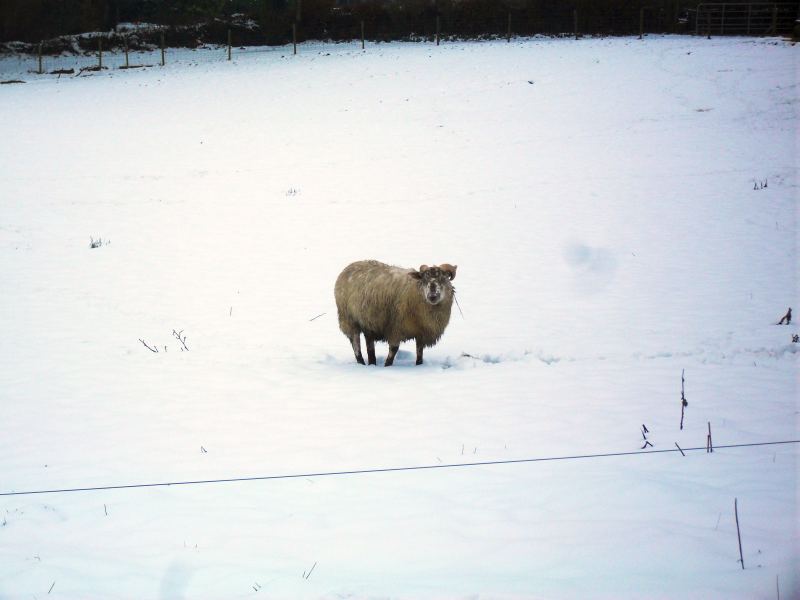
The mercury could fall as low as -10 degrees Celsius in Britain as the week progresses, with snow in some parts, forecasters have warned.
The Met Office said the cold snap will last as long as ten days, until midweek next week.
Met Office forecaster Helen Roberts said the week will become increasingly cold. She said: “A return to cold is the theme for this week – cold, breezy with a return of widespread overnight frost and wintry showers predominantly around the coastal fringes of the UK.
“Thursday is looking like it might be the coldest day and night of the week. We will potentially have some lying snow across the hills of Scotland and northern England and that always helps to keep temperatures down, so we could potentially see temperatures as low as minus 8C (17.6F), possibly minus 10C (14F), across parts of Scotland where there is lying snow by Thursday night.
“And even across England and Wales we could see minus 6C (21.2F) to minus 8C (17.6F) and some snow across hillier parts.”
The NFU has given some tips and warnings to farmers who will be braving the elements as they go about their daily work.
The farming union warned that extreme cold and snow has in the past triggered agricultural buildings to collapse. Ensuring buildings are not showing signs of buckling, distortion or corrosion is a must.
It also stated that farmers mustn't work at height on windy or frozen days. Proper precautions to ensure a slip doesn’t result in a potentially fatal fall are needed.
In 2015/2016, falls from working at height was the second biggest cause of fatal accidents in farming, accounting for 21% of deaths.
Severe ice and snow can bring down power lines, and farmers have been urged to have a contingency plan in place for losing electricity – which could be for days.
Severe weather can also make it difficult to get supplies to animals. Pneumonia is the biggest threat to housed livestock, which can lead to reduced daily liveweight gain and impaired carcass quality.
The NFU said that on-farm investigations show that cattle lungs are more susceptible to pneumonia compared to other animals, so it’s important to keep an eye on cattle, especially heavily muscled breeds with smaller lung volumes.
